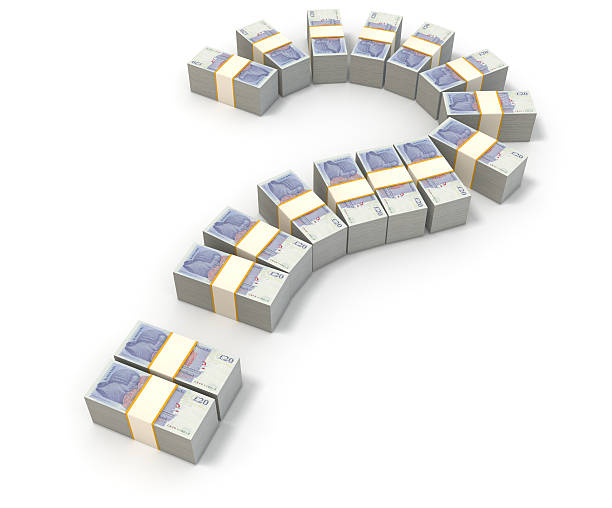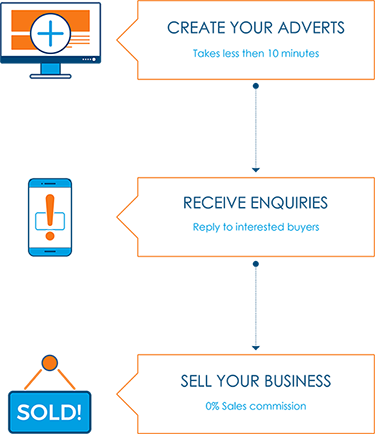Calculate how much your business is worth

If you’re thinking about selling your business, the first question you’ll want answered is how much is your business worth? The simple answer is, it depends. It depends on several factors, many of which will be determined by the industry in which you operate, what is included in the sale and, of course, how much profit you can show.
For example, if you can show a sustained profit in your business accounts, you can apply a calculation to determine what your business is worth. This is sometimes referred to as the price/earnings ratio and, put simply, is a multiple of net profit.
Let’s say your business shows a net profit of £100,000 each year, and you can achieve a multiple of 3, then your business is worth £300,000. The ratio of price to earnings varies between different business sectors and industries and, of course, the economic climate at the time of sale. Work out how to calculate those, though, and you have an idea of what price you can put on your business.
But what if your business isn’t in the rudest of health? How much is your business worth if you’re not making a profit? Well, if you have assets, stock, intellectual property, patents or something of worth to a competitor, then there is a value in that. How to calculate that value, though, is best left to specialists in your sector. A good place to start would be to ask one of these agents.

If your business is making a mark against larger competitors, then a trade sale might be your preferred option. There are several advantages to this, one of which can be demanding a higher price. Imagine your business, that specialises in widgets, has cornered the market in your region. A national brand that sells a similar widget might be interested in buying you out so that they can capitalise on your customer base.
There’s another factor to take into account when asking how much is your business worth. And that’s what the future holds. Nobody has a crystal ball, but if you can show that there is clear expansion potential in your business, it could have a positive influence on its valuation. The same applies if you have something unique or patented. While your revenues might not set the world alight at this point in time, a savvy investor will understand the future value in your business. Just think about the valuation of some tech companies before they’ve come close to turning a profit!

Lots of businesses will have assets included in the sale. A restaurant might have valuable kitchen equipment, while a manufacturing business will have machinery that is integral to its operation. So how much your business is worth will depend on the valuation applied to these assets. It’s the same for stock, which is typically included in the price – albeit through a different calculation to that applied to multiples of profit, or to assets – and is shown as ‘Stock at Valuation’ or SAV.
As you can tell, there’s no straight forward method to value your business. How to calculate its worth is determined by several factors. That said, if you know your average profit over the last 3 years, and the net assets in your business, you can get an instant valuation here.
Ultimately, though, a business is usually worth somewhere between two things: what you want to achieve as a sale price, and what a buyer is prepared to pay.
Enjoyed this article? Learn how to Negotiate the Sale of Your Business here >>


